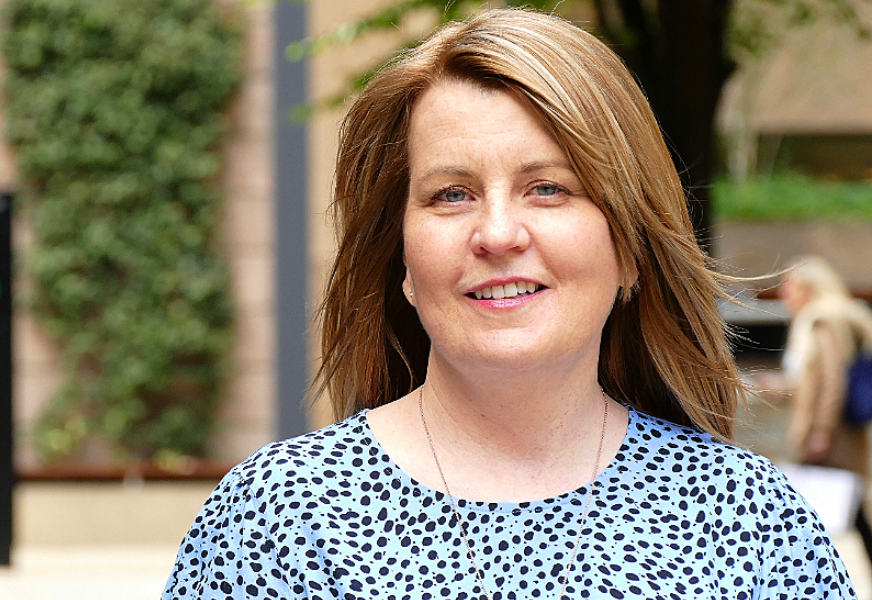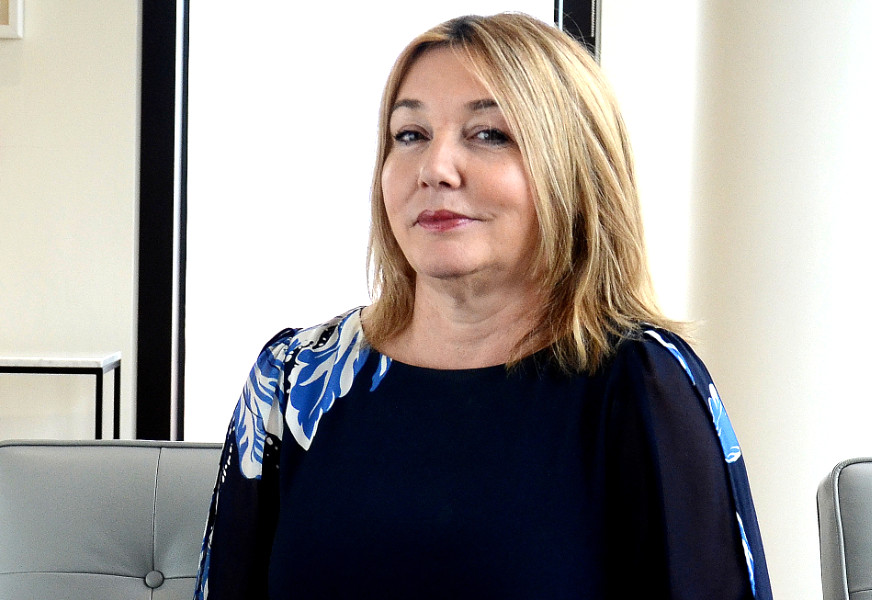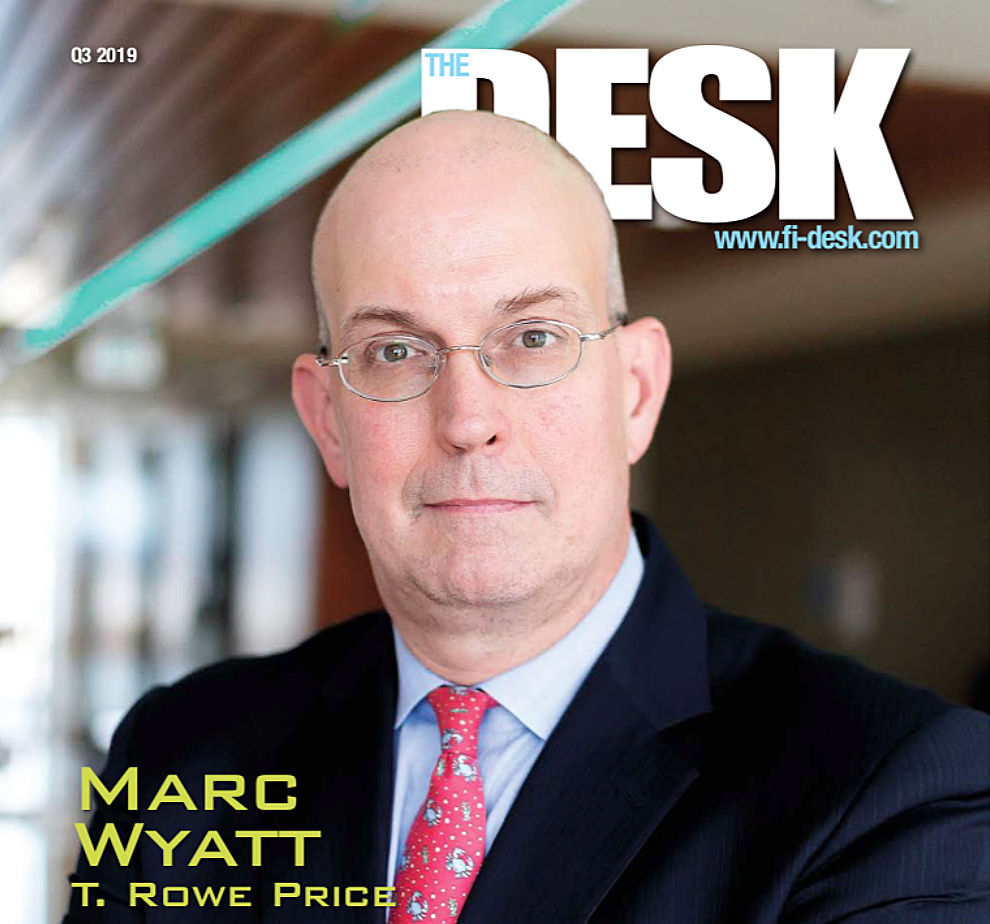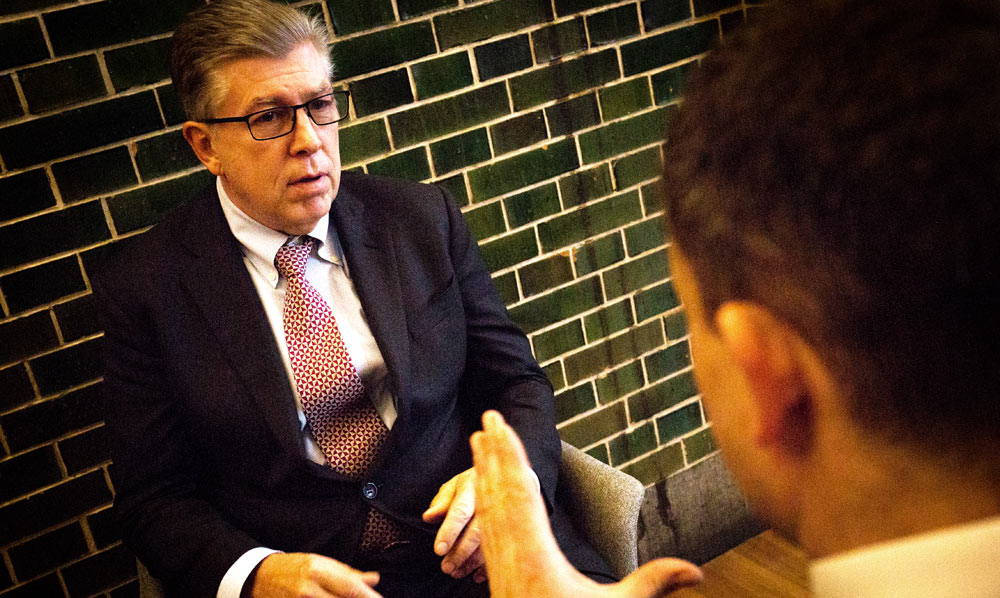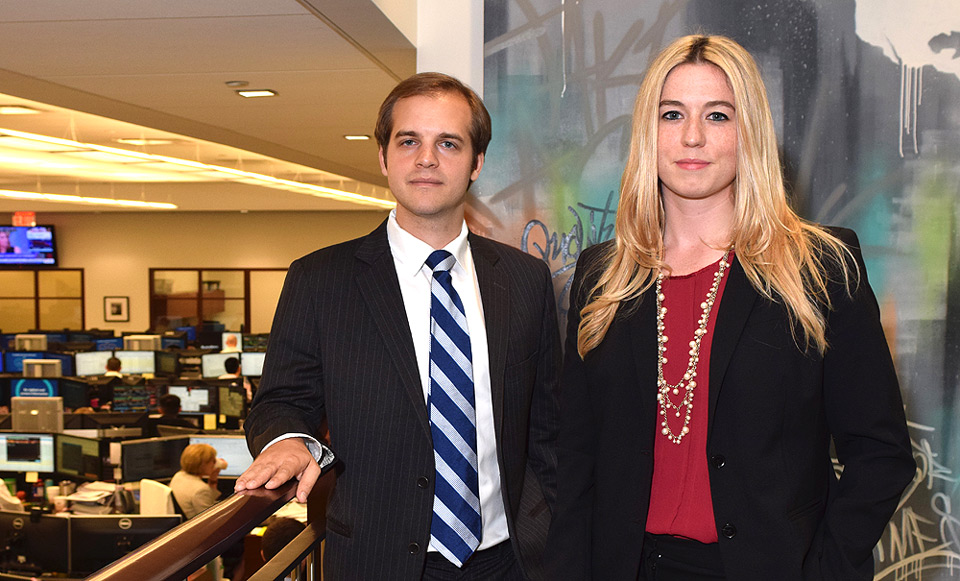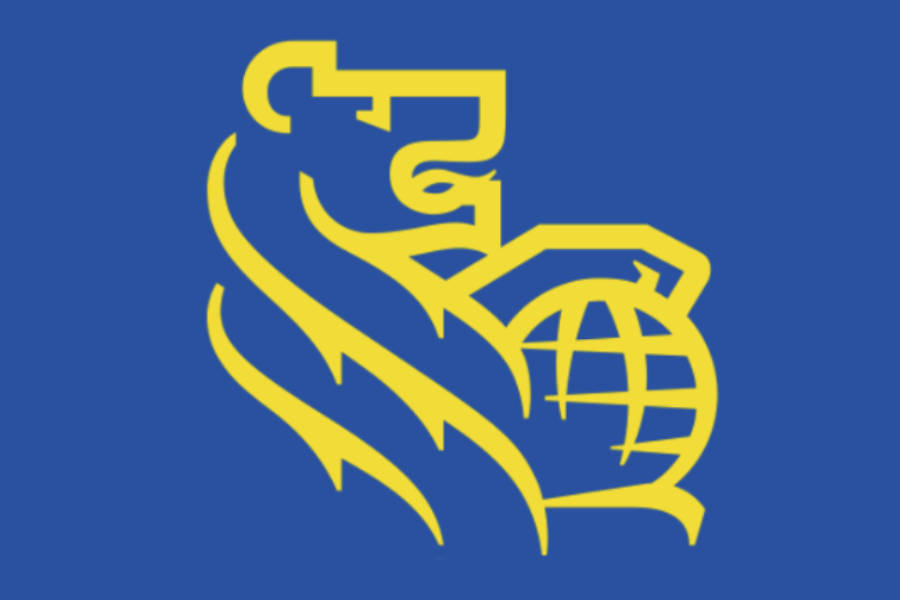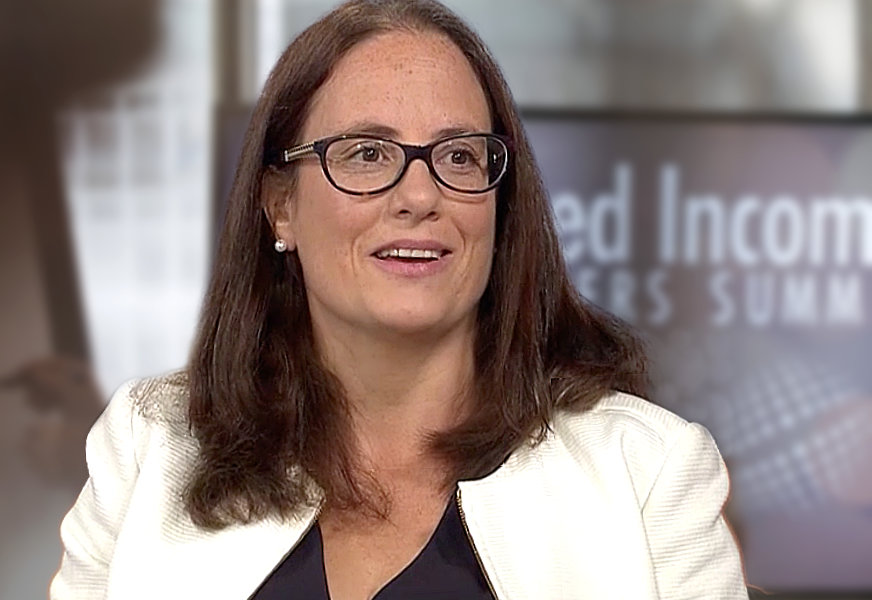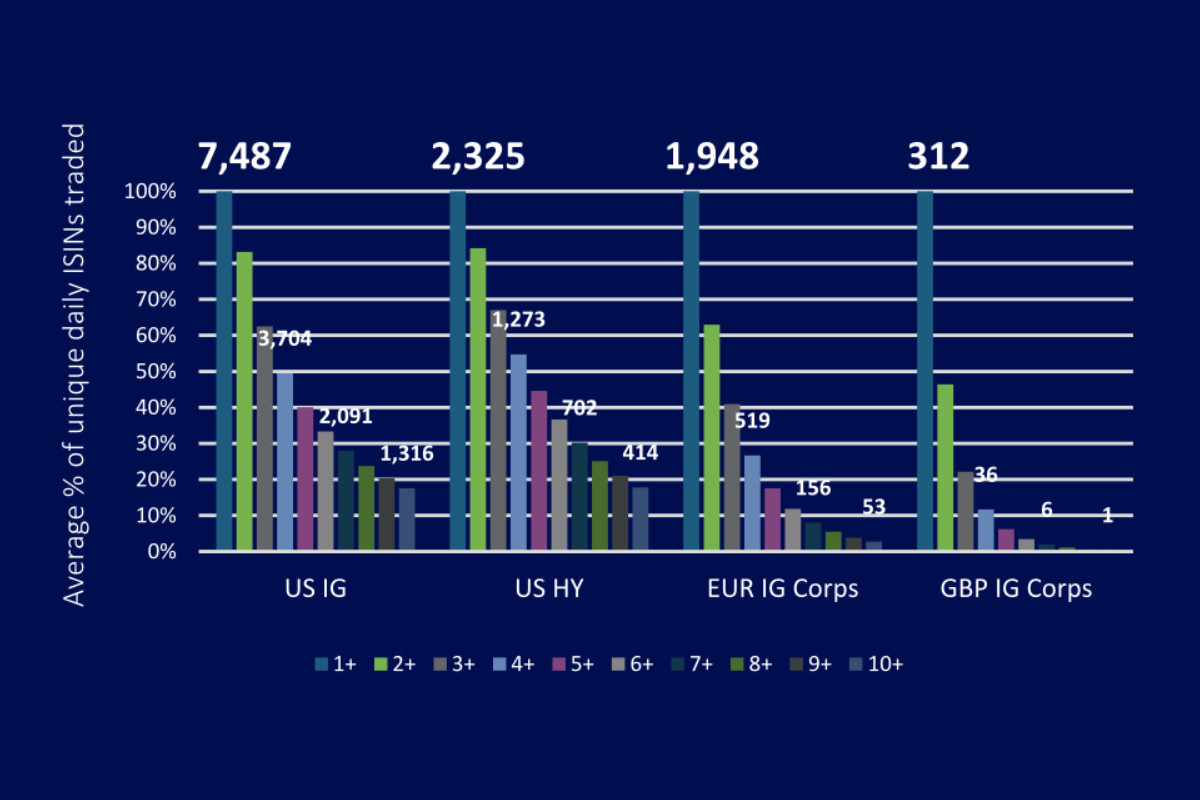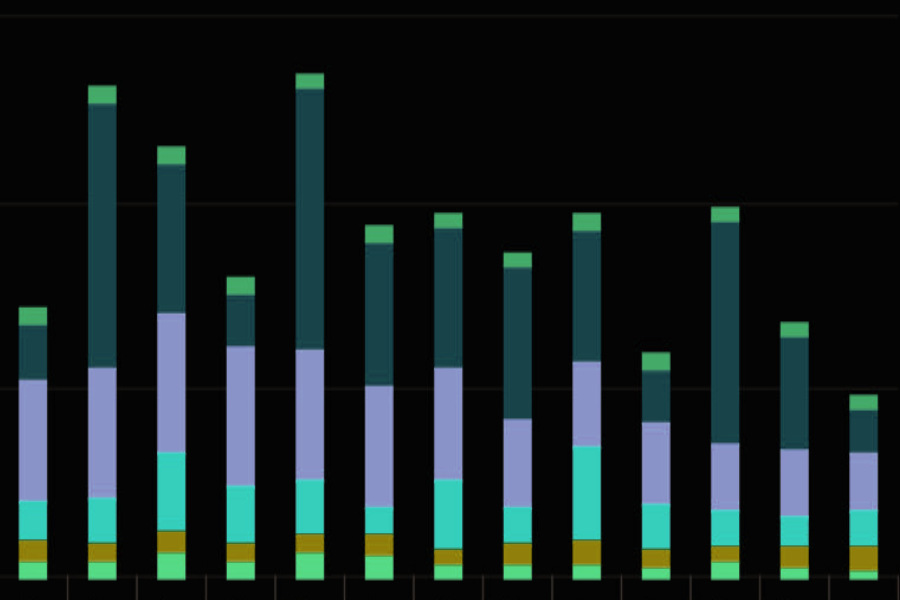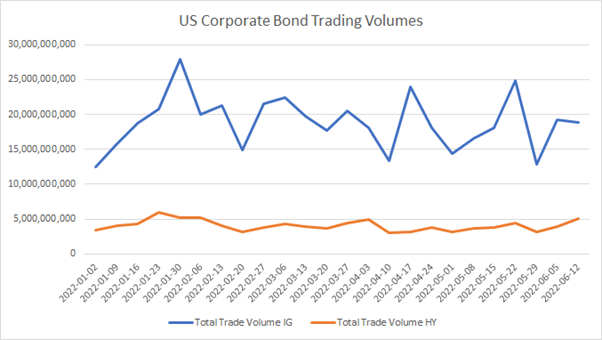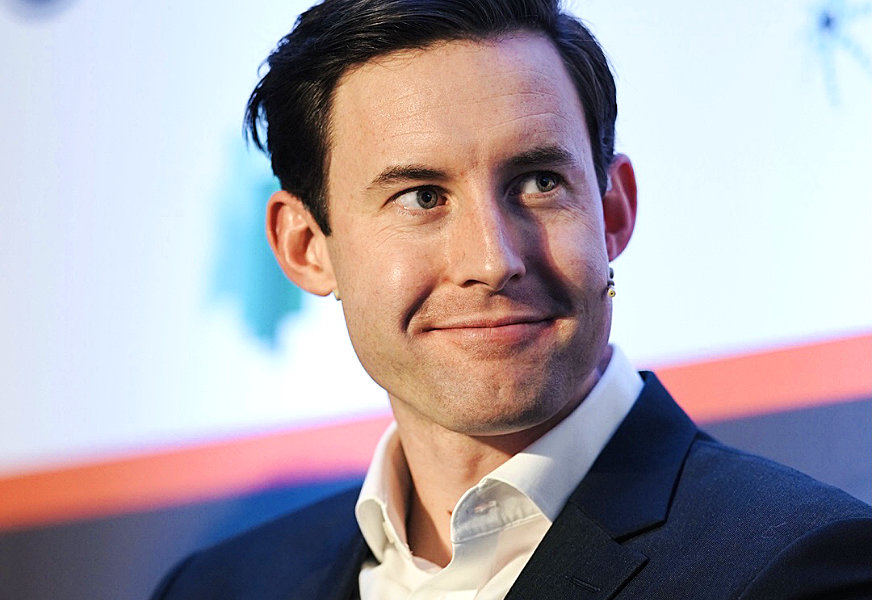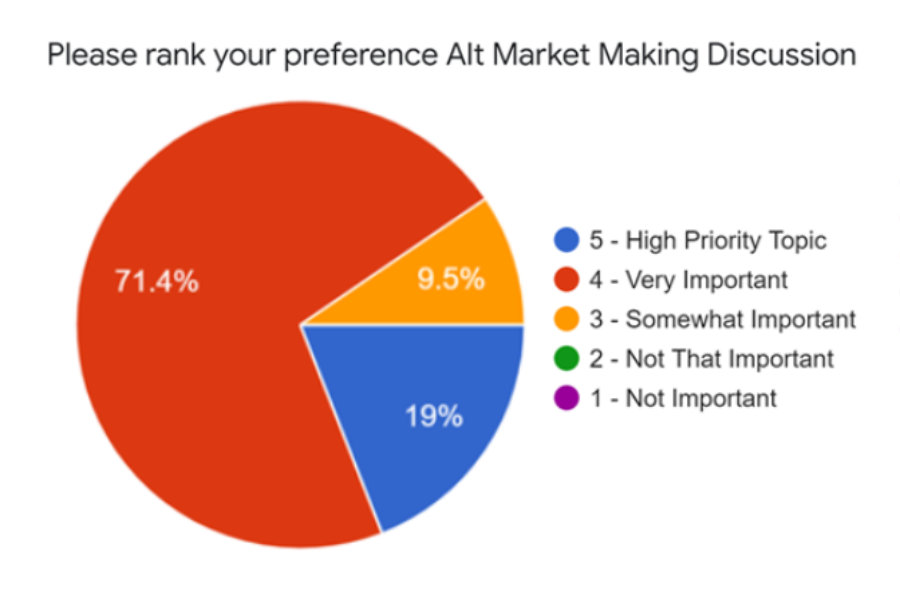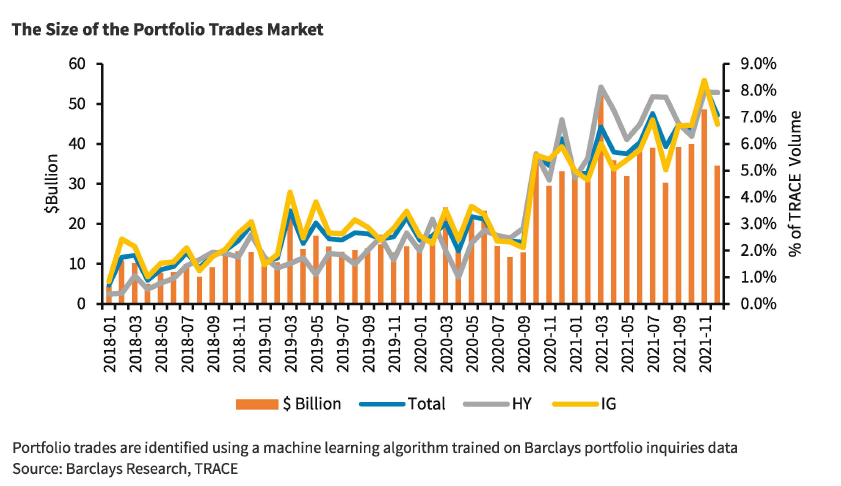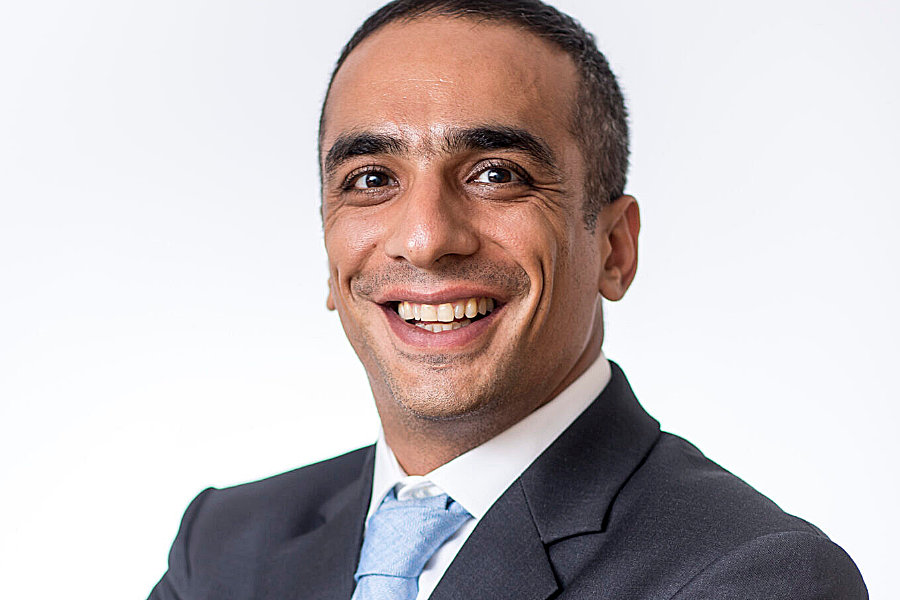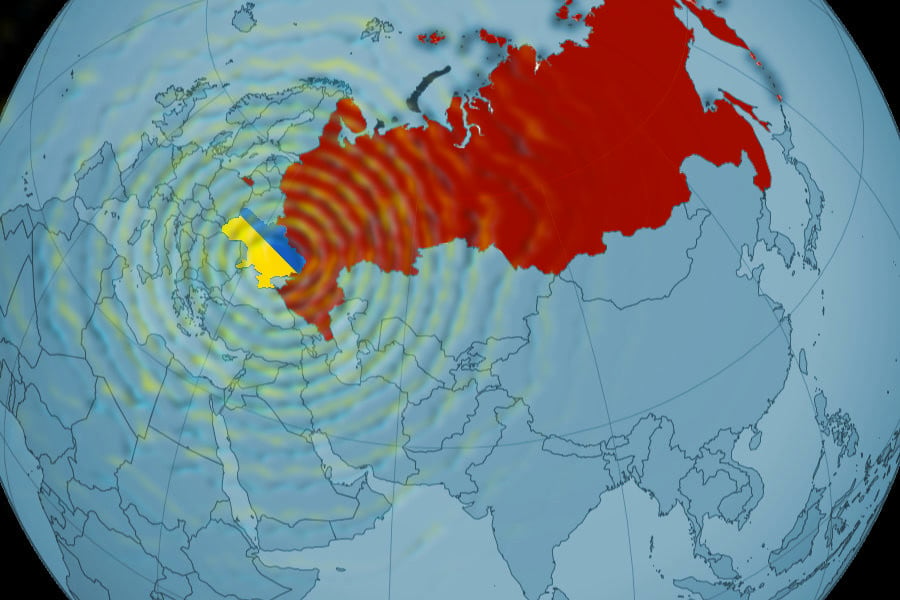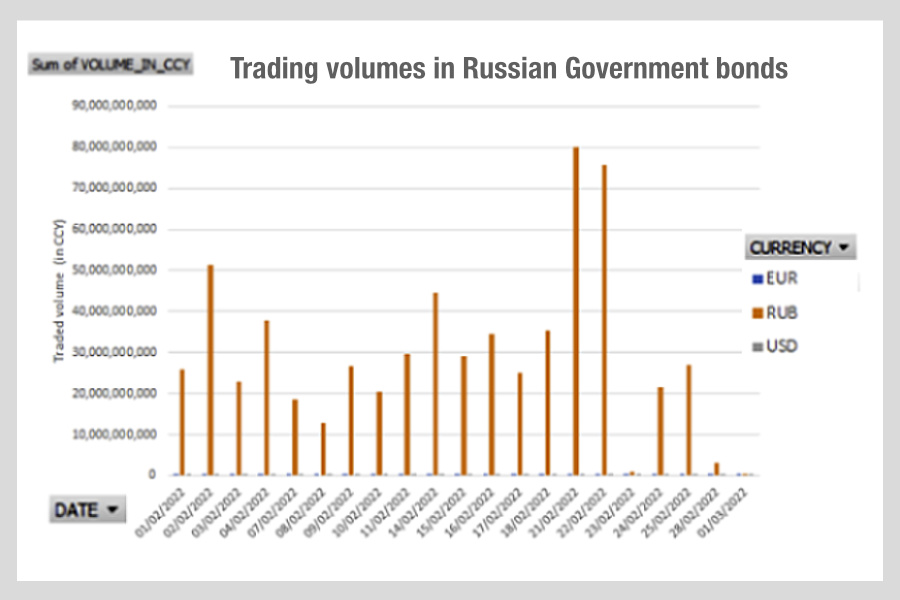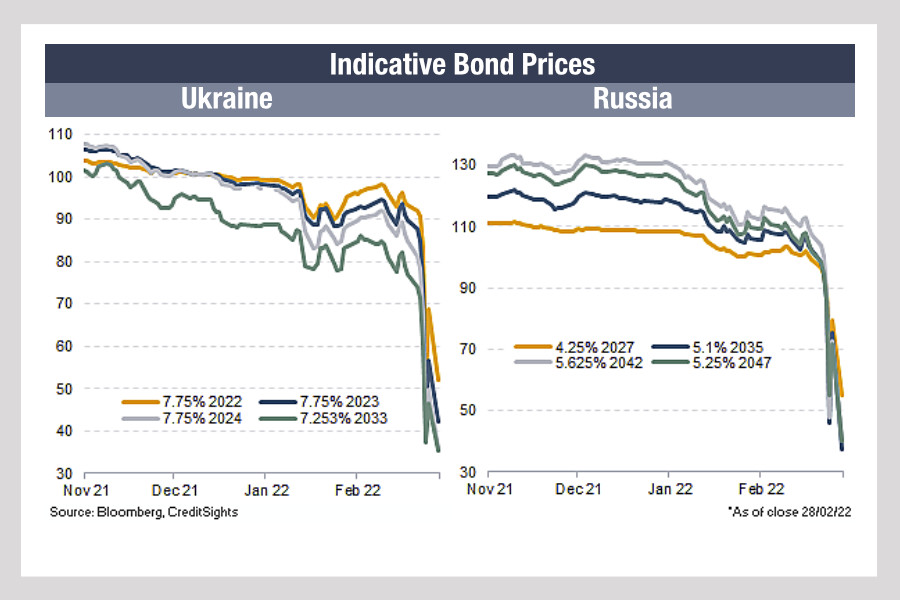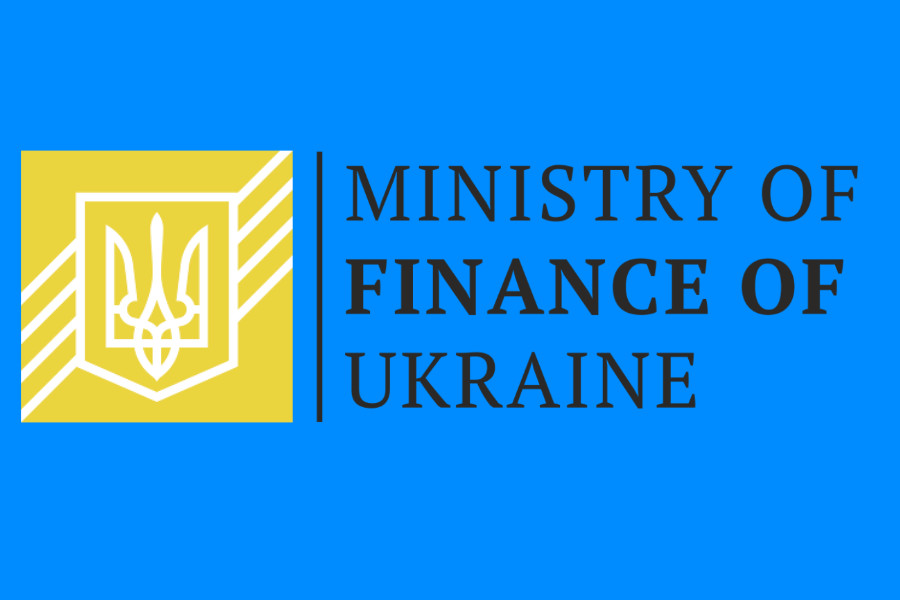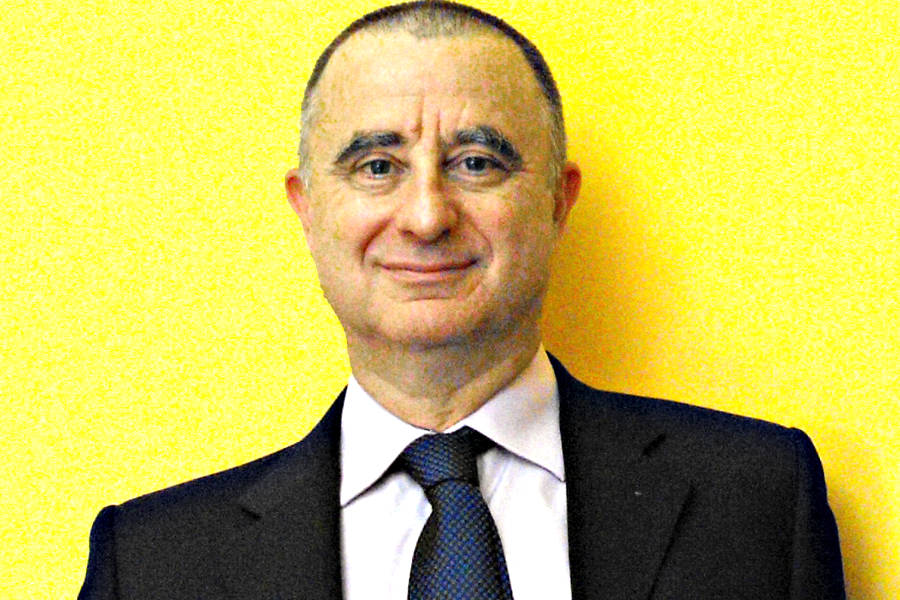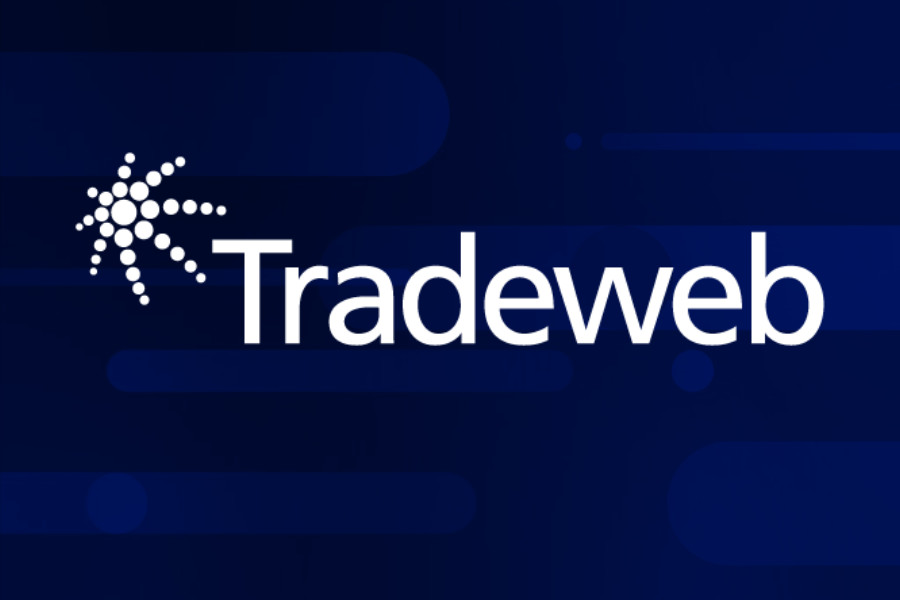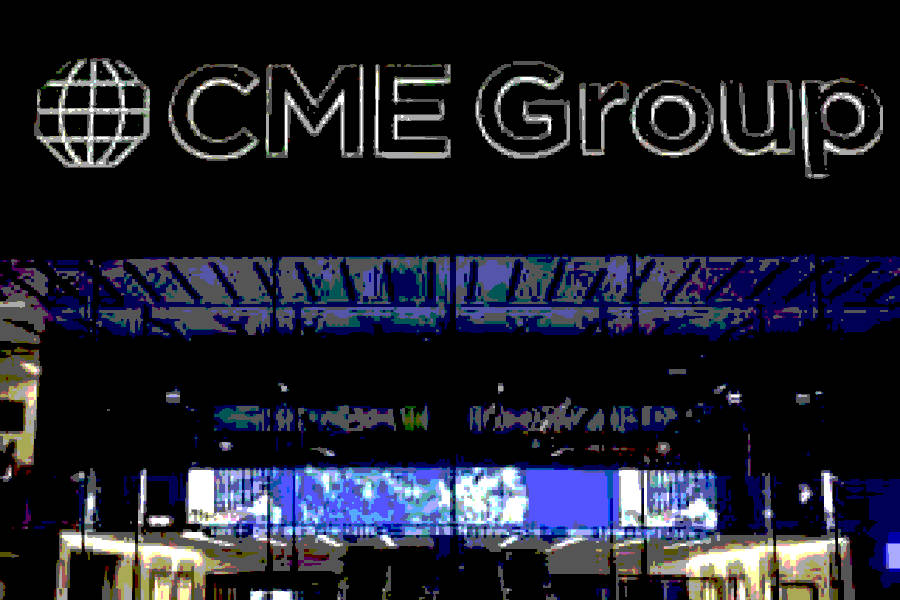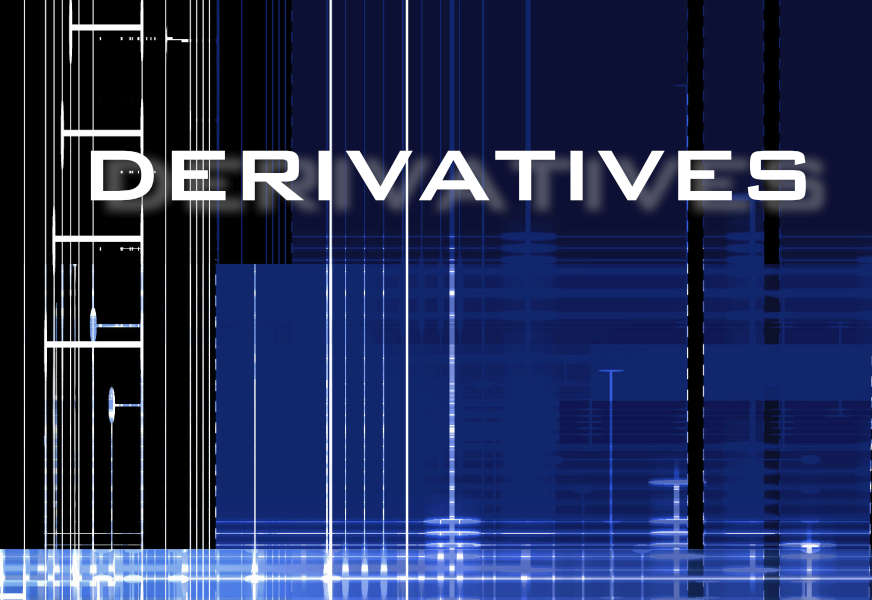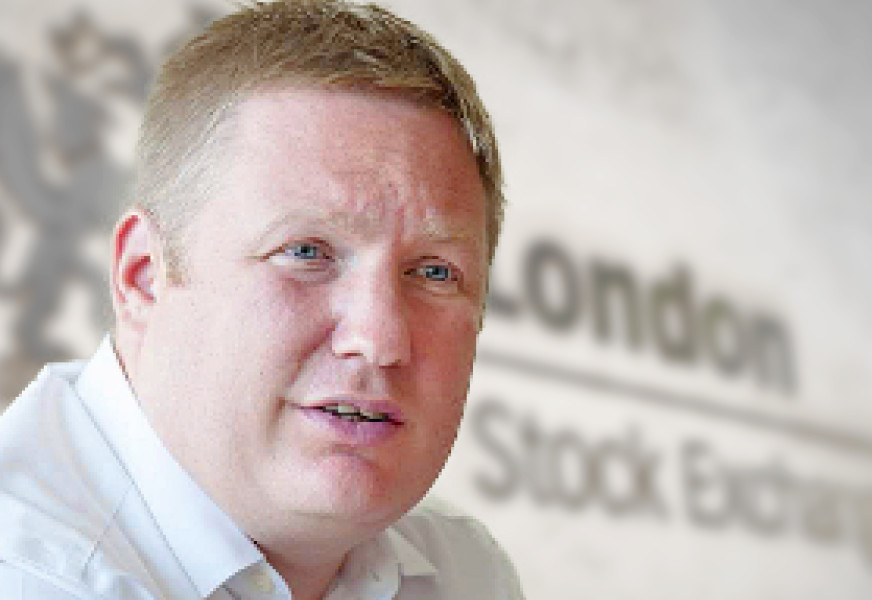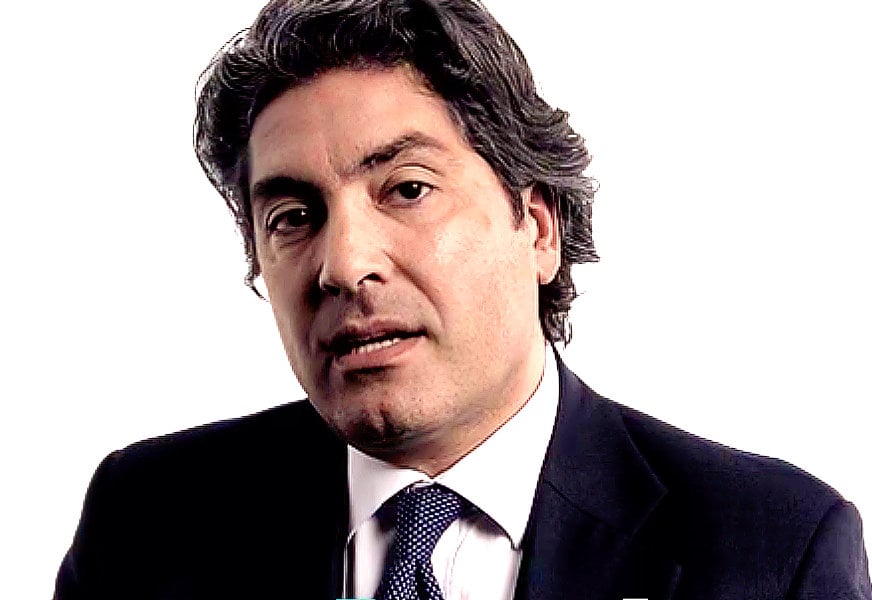By Pia Hecher.
Trading Technologies (TT), the producer of trading software platforms for automated buying and selling of futures, options and cryptocurrencies, has integrated its TT Score surveillance system into its platform. This software is designed to spot abusive trading activity including spoofing, layering and vacuuming. TT argues it is able to recognise patterns of illegal trading more efficiently than rules-based surveillance systems.
“Products that have low liquidity profiles, where it doesn’t take large orders to pressure prices and create the illusion of buying or selling demand, run the highest risk of abuse,” says Jay Biondo, TT product manager of surveillance. One such deceptive activity is spoofing, where traders feign demand to influence market prices.
Traditional surveillance systems may not safeguard against complex manipulative behaviour like spoofing, Biondo argues. They usually rely on parameters built upon rules-based criteria which generate alerts and need to be manually readjusted over time.
“Once traders are trading a large number of products with different liquidity profiles, this can lead to high rates of false positives,” Biondo says.
This is because spoofers commonly enter a large order on one market side, and small orders on the other. Once the latter get filled, the former are cancelled. Thus, compliance officers need to determine what order-size generates an alarm. If it is too large, spoofing may go undetected, if it is too small, the amount of alarms will be overwhelming. Moreover, what constitutes a large order varies. For products with low liquidity, 50 contracts can be a large order.
To tackle these issues, TT has implemented its own machine-learning technology, TT Score, a cloud-based system integrated with the TT trading platform. It is trained with positively labelled data from regulatory inquiries that customers have shared. As new data is uploaded frequently, TT Score continues to learn, compiling probability trees of likely scenarios against which a trader’s audit data is measured. Trading records then receive scores evaluating the regulatory risk.
However, machine learning technology will not replace rules-based systems immediately, Biondo says. “To monitor activities like wash trading, a simple, binary rule-based surveillance system will remain sufficient for now.”
In future, he hopes TT Score will work across markets. “Right now, we are looking at futures, options on futures and fixed income, one product at a time. We have done tests internally where we looked at things cross-product and cross-market and we’ve seen good results, we just haven’t put that into production yet.”
©TheDESK 2018
TOP OF PAGE




